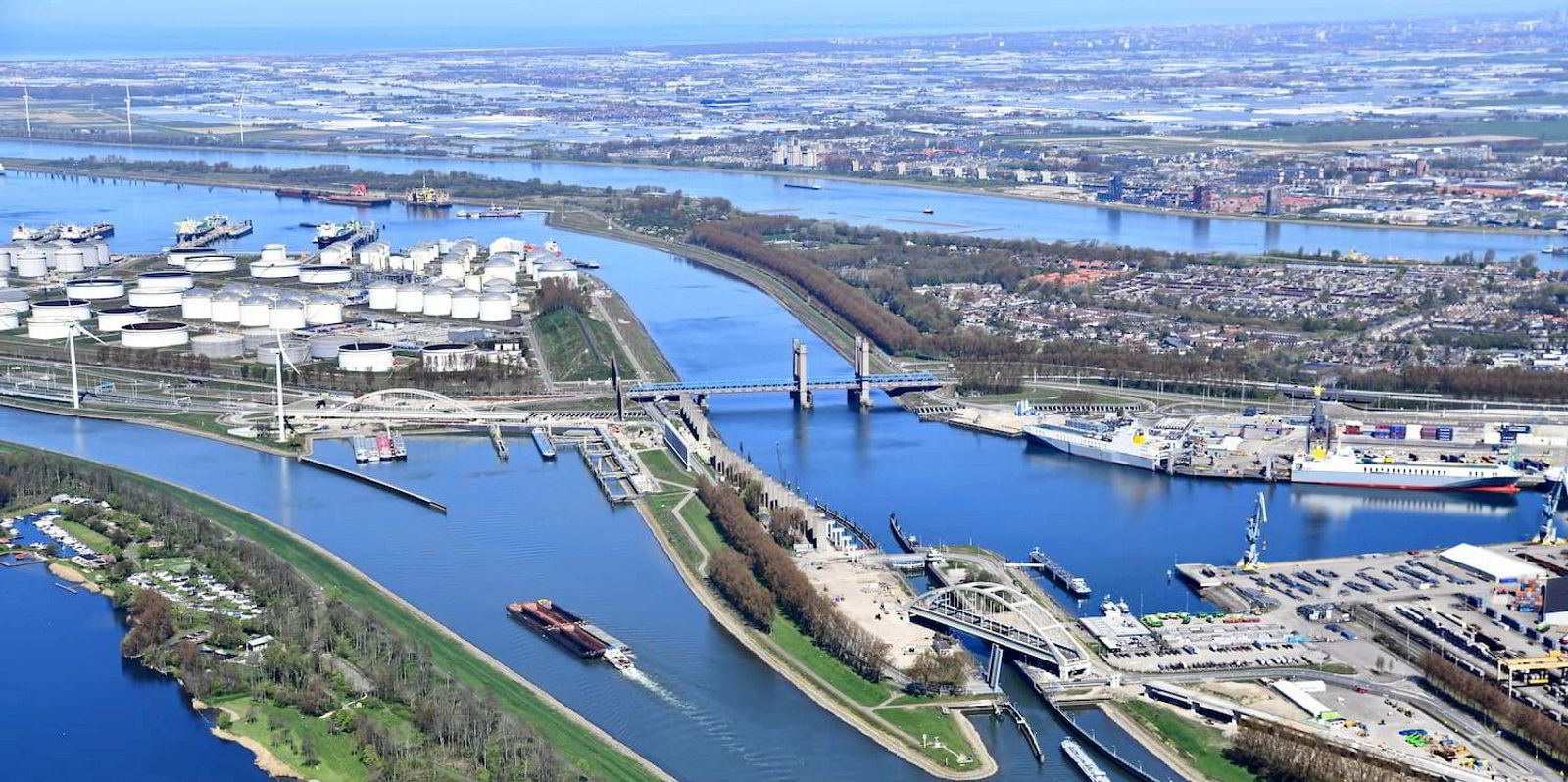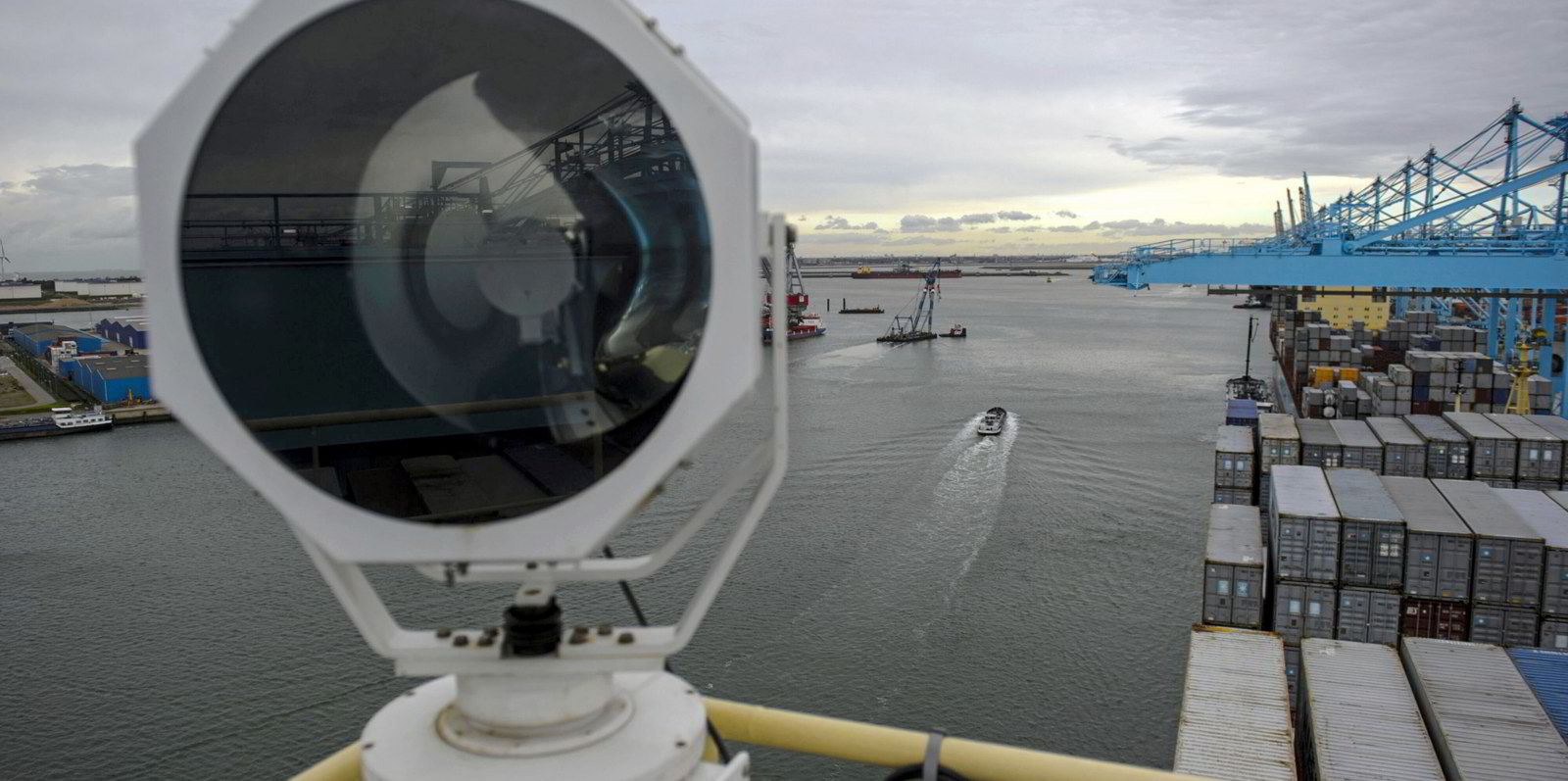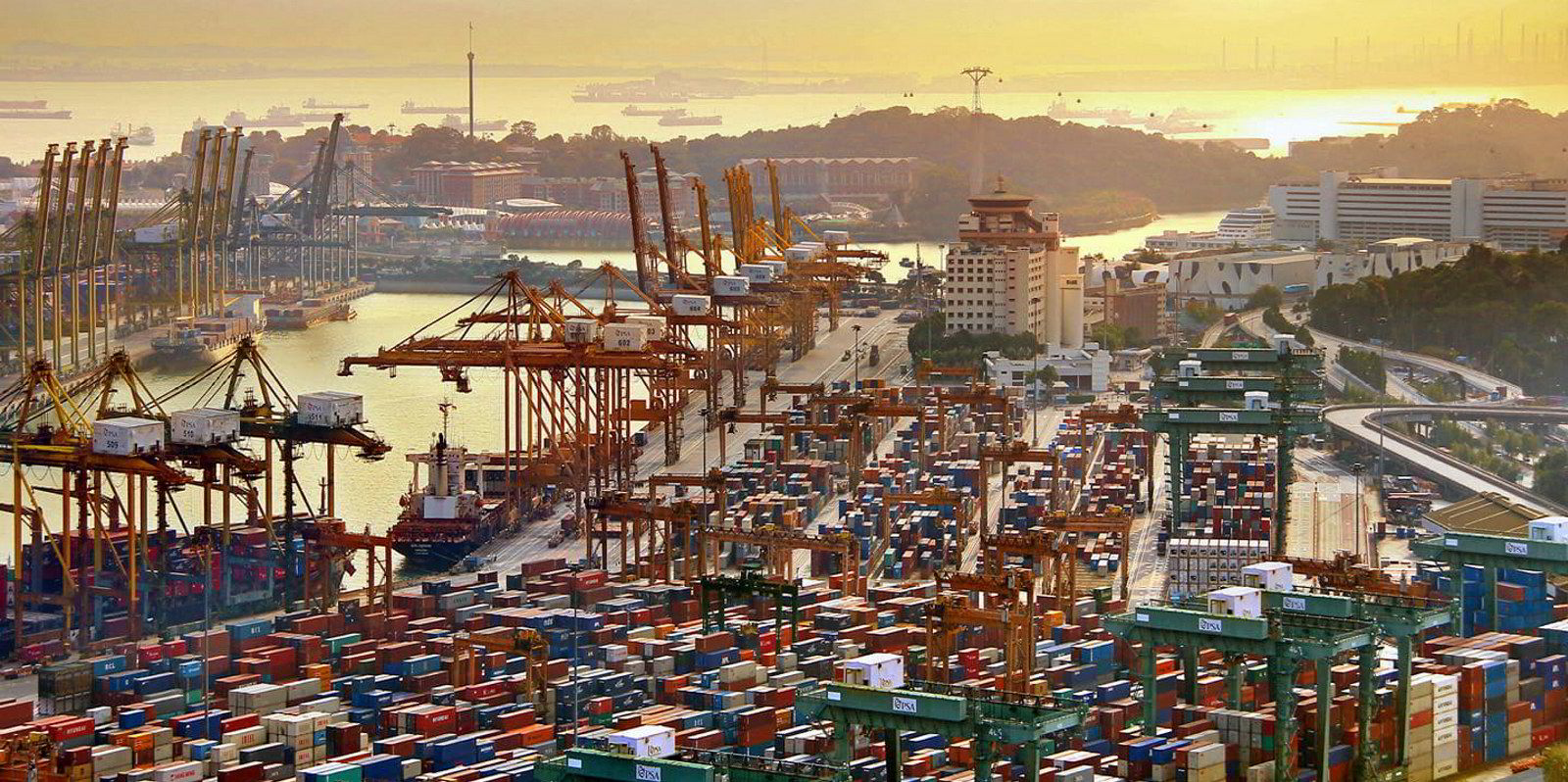With all the attention given to shipping’s inclusion in the European Union’s Fit for 55 package and emissions trading system (EU ETS), less notice has been taken of another change that could affect the cost of bunkering marine fuel.
The Energy Taxation Directive (ETD), a part of Fit for 55, has not yet been fully agreed upon, even though it should have taken effect from January 2023 to switch the EU’s tax mechanisms from subsidising fossil fuels to taxing polluting energies at higher rates.
The ETD plans include ending shipping’s full exemption from energy taxes on heavy fuel oil (HFO) purchased in Europe for intra-EU voyages.
That has potential ramifications for Europe’s bunkering business, particularly in Rotterdam — one of the busiest bunkering ports in the world.
In mid-2021, the European Council stated: “Over a period of 10 years, the minimum tax rates for these [heavy marine] fuels will gradually increase, while sustainable fuels for these sectors will benefit from a minimum rate of zero to foster their uptake.”
A report by Dutch analyst CE Delft warned that the move could “have disruptive effects on the competitiveness of the European bunker market”.
Delft said its analysis showed that if energy taxes are added to the price of current marine fuels, Rotterdam would cease to be one of the cheapest bunkering ports in the world and instead become one of the most expensive.
“There is a significant risk that bunkering activity will be relocated to non-EU ports. This means that the intended effects of taxation are not achieved; shipping companies are able to avoid paying tax, so the price of transport will not increase. There is no financial incentive to reduce fossil fuel use and avoid greenhouse gas emissions,” the report warned.
Little has been clarified since the spring of 2022, when a draft report on the ETD was put to the European Parliament and two committees adopted a position on the strategy.
The ETD was on the agenda of the Economic & Financial Affairs Council last December, when countries were split over warning about a loss of competitiveness or arguing that too many exemptions would undermine the EU’s climate ambitions, according to Adam Kapella, Bureau Veritas Marine & Offshore director for regulatory and institutional affairs.
He told TradeWinds: “In May, the Swedish presidency proposed a new compromise document to the working group on tax questions, and the process is still continuing.”
The ETD proposes a starting minimum of €0.90 ($0.97) per gigajoule tax on bunker fuels used for intra-European voyages, rising to €1.03 in 2033. That is about 10% of the price of fossil fuels for other sectors as the EU recognised a risk that bunkers could be sourced outside the union.
The initial increase works out at about an extra $45 per tonne of HFO, according to Norwegian analyst Siglar, whereas the rate for fossil fuels in other sectors rises to €10.75 per gigajoule, while the lowest rate of €0.15 per gigajoule applies for electricity, advanced sustainable biofuels and renewable fuels.
However, Kapella said: “At this stage, one can only say that proposals are still being discussed.”
Drewry has estimated that on the Asia to North Europe container route, the combined ETS, ETD and FuelEU Maritime measures would increase bunker costs and emission-related taxes or allowances from $312 per 40-foot equivalent unit container for very low-sulphur fuel oil to $568 — a level that concerns freight forwarders.
Green NGO Transport & Environment said taxing marine fuel sold in the EU, though a fair proposal, would not be the most effective way of implementing carbon pricing for shipping and said it believes the carbon market is the most efficient way of making polluters pay.
Delft said most container ships — even on long-haul routes such as Asia to Europe — can carry enough fuel for regular round trips, allowing them to fill their tanks in Asia rather than Europe.
Tramp shipping might not find it as easy, because complications arise when voyage destinations change.
If a vessel took on bunkers in a European port but the next destination is unknown, it would be unclear if the fuel should be taxed, Delft said. It could also be unfairly taxed if the ship bunkered in an EU port, but then did not go to the originally scheduled destination.

The opposite would occur, in that untaxed fuel should be taxed if the scheduled port was originally outside the EU but changed to within it.
EU directives relating to tax are subject to a unanimous vote by all member states, and it will be up to each state to ensure the set tax rates are applied.
European ports have warned that as a result, it is not clear who is responsible for administering the ETD on marine fuels and that leaving it up to states to decide whether to levy it could disrupt the level playing field within the EU.
In late 2022, the EU also said the ETD should align with other legislation, such as the ETS and Alternative Fuels Infrastructure Regulation, to result in a coherent framework for shipping “that contributes to significantly increasing the production of sustainable alternative fuels, ensures the deployment of the necessary infrastructure and incentivises the use of these fuels in a steadily growing share of vessels”.
The rules are linked to efforts to increase the use of green-generated onshore electric power when ships are in port by “permanently exempting electricity supplied to vessels in port from taxation”.
Kapella said the shipping industry has not expressed great concern, and added: “We can see how the EU proposals may incentivise the uptake of some alternative fuels.”






